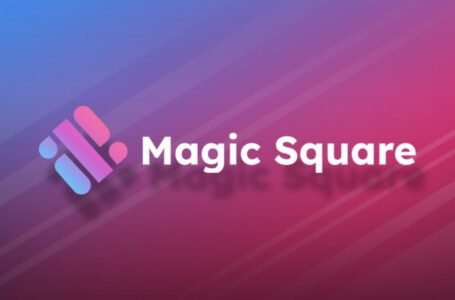
Asia-based medical services company Zuellig Pharma has developed a blockchain platform to improve its vaccine tracking service and prevent accidents that could compromise public health.
eZTracker, Zuellig Pharma’s management system, guarantees the authenticity of vaccines, preventing the smuggling of medical products and the misappropriation of vaccines and supplies during their official distribution.
How eZTracker can prevent vaccine fraud
Zuellig Pharma’s eZTracker software ensures transparency across the entire supply chain by recording the movement of every package, from manufacturing to delivery and administration.
Because it uses blockchain technology, the information is auditable in real-time, offers instant results, and does not require an intermediary. Also, it is censorship-resistant and immune to deliberate tampering with the reported data.
Daniel Laverick, vice president and head of digital and data solutions at Zuellig Pharma, explained that in addition to knowing the route of a product and verifying its authenticity, users have the ability to reliably obtain a plethora of valuable information.
“For products registered with eZTracker and depending on the needs of our pharma principals, patients can scan the 2D data matrix on the product packaging to verify key product information like expiry date, temperature, and provenance through its app powered by blockchain,”
Laverick thinks Hong Kong could be a key market to position eZTracker as a health system monitoring tool. Zuellig Pharma has a customer base of over 1,000 healthcare institutions in 13 countries in Asia.
Blockchain Goes Beyond Crypto
The use of blockchain technology in the field of logistics and medicine is not new. As the industry matures, developers have launched proofs-of-concept and practical applications that give distributed ledger and blockchain technologies comparative advantages over approaches that rely on human operators or need to work with central servers. Some initiatives have proven to be succesful, and some have struggled a lot to prove their worth, but the use of blockchain technology diversifies among different industries as time marches on.
For example, in the medical field, MediLedger is a startup that offers a service similar to eZTracker but to a much wider audience, ensuring the authenticity and validity of drugs from affiliated entities.
Similarly, during the COVID boom, several proposals for COVID passports using blockchain to guarantee information about the spread of the virus were explored, recording people’s movements and travels under supervision.
And there are already applications in food, energy distribution and even the footwear industry – with shoe company New Balance using Cardano to prevent counterfeiting.


















